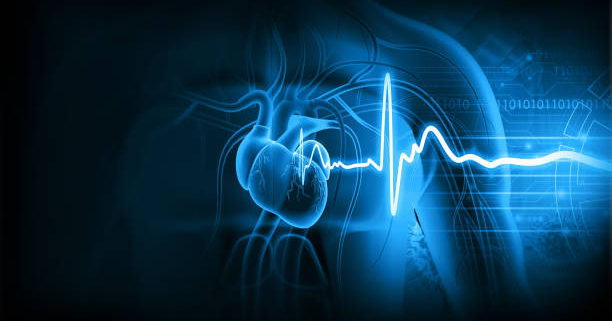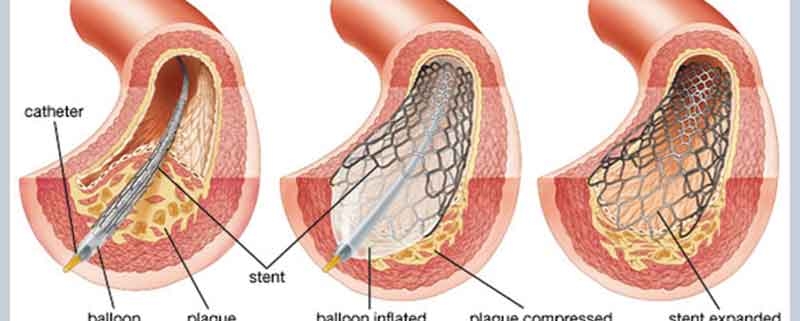Coronary artery disease (CAD) is a critical health condition that impacts the blood vessels responsible for supplying oxygen-rich blood to the heart. Recognizing the risk factors associated with CAD is crucial for early detection and prevention. Factors such as high blood pressure, elevated cholesterol levels, smoking, obesity, diabetes, family history of heart disease, and a sedentary lifestyle can significantly increase the likelihood of developing coronary artery disease.
Consulting with the best cardiologist in Delhi is paramount when it comes to understanding the risk factors and symptoms of CAD. Ayushman Hospital, renowned for its team of highly skilled and experienced heart specialists, stands as a beacon for providing exceptional care and guidance. If you suspect any symptoms, seeking consultation with a cardiologist in Delhi is crucial for early intervention.
Coronary Artery Disease Symptoms
Recognizing the symptoms of CAD is equally essential for timely intervention. The symptoms include:
- Chest pain or discomfort (angina)
- Shortness of breath
- Fatigue
- Dizziness
- Nausea
- Sweating
- Palpitation
These common signs should never be ignored. Seeking consultation with a cardiologist at Ayushman Hospital, known for its expertise in cardiovascular care, ensures an accurate diagnosis and personalized treatment plans tailored to individual needs. Trusting the best heart specialist in Delhi is paramount for comprehensive care and support.
Lifestyle Changes for Coronary Artery Disease Prevention
Adapting certain lifestyle changes can significantly contribute to the prevention of CAD. The following modifications are recommended:
- Don’t Smoke: Smoking remains one of the leading risk factors for coronary artery disease. Quitting smoking is the most beneficial action for heart health.
- Eat a Heart-Healthy Diet: A heart-healthy diet involves reducing the intake of saturated and trans fats, cholesterol, and sodium while increasing the consumption of fruits, vegetables, and whole grains.
- Be Physically Active: Strive for at least 150 minutes of moderate-intensity aerobic activity or 75 minutes of vigorous-intensity aerobic activity weekly. Incorporating shorter sessions throughout the day is also effective.
- Maintain a Healthy Weight: Being overweight or obese increases the risk of CAD. Even a small amount of weight loss can significantly improve heart health.
- Manage Stress: Stress is linked to increased blood pressure and cholesterol levels, elevating the risk of CAD. Adopt healthy stress management techniques such as exercise, relaxation, and spending time with loved ones.
- Regular Check-Ups: Regular medical check-ups are crucial for understanding and monitoring heart health, and preventing lifestyle disorders like CAD. Consult with a cardiologist in Delhi for personalized advice on maintaining heart health.
- Consultation and Online Services: Taking the first step towards proper care involves consulting an expert. For any health concerns, it is recommended to undergo an examination by a certified medical professional or visit the finest cardiology hospital in Delhi. Additionally, online consultations with experts at Ayushman Hospital are available for expert advice and guidance.
Conclusion:
Coronary artery disease is a serious health condition that demands attention and proactive measures. Understanding the risk factors, recognizing symptoms, and adopting a heart-healthy lifestyle are key components of prevention. Trusting the expertise of the best cardiologist in Delhi ensures accurate diagnosis and personalized care.
By implementing lifestyle changes, such as quitting smoking, adopting a heart-healthy diet, staying physically active, maintaining a healthy weight, managing stress, and prioritizing regular check-ups, individuals can significantly reduce their risk of coronary artery disease. Taking preventive actions and seeking guidance from the finest cardiology hospital in Delhi are crucial steps towards a heart-healthy life. If you suspect any symptoms, consult with a cardiologist in Delhi for personalized advice and timely intervention.






